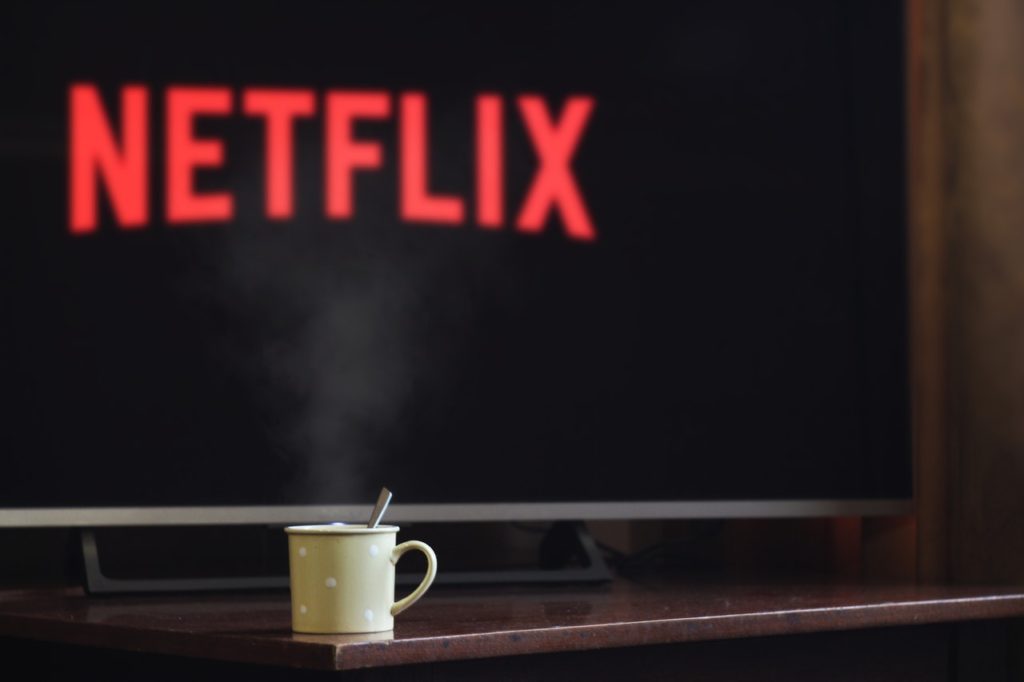
In March of this year, the entire world came to a standstill. Due to the ongoing coronavirus outbreak, bars and restaurants, gyms, shops, malls, and indeed cinemas all closed and we were all told to stay at home. The so-called lockdown has changed our lives – from how we get groceries, interact with friends, connect with loved-ones and, of course, consume entertainment.
With cinemas closing, Hollywood reacted drastically and huge blockbusters like Mulan (which actually had a huge premiere in Los Angeles), Fast and Furious 9, and most notably No Time To Die, the 25th James Bond film, were all delayed with most titles being taken off the 2020 release calendar altogether and placed in the 2021 summer season. Productions just down all over the world, from the likes of The Batman in the UK to the Avatar sequels shooting in New Zealand. The movie business virtually came to a standstill.
However, certain aspects of the business are now thriving. The home entertainment market has seen a huge increase in terms of viewing numbers, for obvious reasons, and the studios and distribution companies have reacted to the trend.
In May, Trolls World Tour was set to arrive in cinemas. The film, a follow up to the 2016 animated hit featuring the voices of Justin Timberlake and Anna Kendrick, was set for a massive global release with advertising already in place showcasing its theatrical release, but the Covid-19 lockdown and cinema closure changed all of that and Universal decided to release the film onto premium on-demand, the first big studio movie to debut a massive, big-budget movie into homes first, completely bypassing cinemas. The result was a huge success with Trolls World Tour reportedly making more money for Universal than the first movie did in five months in cinemas four years previous. Add on to that the success of the digital debuts of three other releases [which were screened in cinemas just prior to their closures], The Hunt, The Invisible Man and Emma, and you potentially have a new way of releasing and consuming movies with audiences showing that they are willing to shell out more money to catch a big new release in the comfort of their own home.
Universal wasn’t the only studio to release big movies onto streaming platforms early, though. Lionsgate debuted the uplifting Military Wives early, Pathe landed Misbehaviour after a brief debut in cinemas, and the crime movie Calm With Horses also landed digitally following its brief appearance in auditoriums.
Then there’s Netflix, arguably the biggest winner of them all. The streamer reportedly scored no less than 16 million new sign-ups due to the lockdown and had some big movies on their release schedule to welcome them. Movies like Extraction, and big TV binges like Tiger King instantly spring to mind. Disney+ also saw a rise in numbers with reports that it has doubled its subscribers during Covid-19.
Away from the film business, revenues for various gaming companies have increased during Covid-19. There has been a rise in people gambling online despite there being no sports taking place for people to gamble on. You can click here and register your casino account to see what we mean, but essentially people have been taking to the virtual tables online during the lockdown period. There is also an increase in interest in eSports, and of course within the video game industry, too. The industry as a whole is set to be worth $159 billion in 2020. To put that into perspective, that is about four times the size of the movie exhibition industry and three times the size of the music business.
So, what about the future? Movie wise, in the UK, cinemas are now opening their doors with the ones that are still closed at the time of writing poised to join them at the end of July. The big release waiting in the wings is Tenet from Christopher Nolan – the film that has the ability to bring people back to multiplexes. The movie cost a reported $200 million-plus to make and needs at least 80% of the world’s cinemas to be open for it to have a chance of doing the business it needs to. Although the opening of UK cinemas is a huge positive, the threat of more Stateside cinema closures must be a worry for Warner Bros, the studio behind the release.
Whatever happens, though, the way in which we consume our entertainment has definitely shifted and it will be interesting to see what happens in the future, post-Covid, whenever that may be.

Latest Posts
-


Film Reviews
/ 11 hours ago‘Fear Street: Prom Queen’ review: Dir. Matt Palmer (2025)
It has been four years since Leigh Janiak’s Fear Street trilogy took horror fans...
By Kat Hughes -


Film Reviews
/ 12 hours ago‘The Surrender’ review: Dir. Julia Max (2025)
As Julia Max’s debut feature, The Surrender, unfolds, the inspirations for the film become...
By Kat Hughes -


Film Trailers
/ 2 days agoFirst trailer for Darren Aronofsky’s ‘Caught Stealing’
Sony Pictures has released the debut trailer for Darren Aronofsky’s new film Caught Stealing,...
By Paul Heath -


Film Reviews
/ 3 days ago‘Lilo and Stitch’ review: Dir. Dean Fleischer Camp (2025)
Director Dean Fleischer Camp won audiences over with the fantastic Marcel the Shell with...
By Kat Hughes




